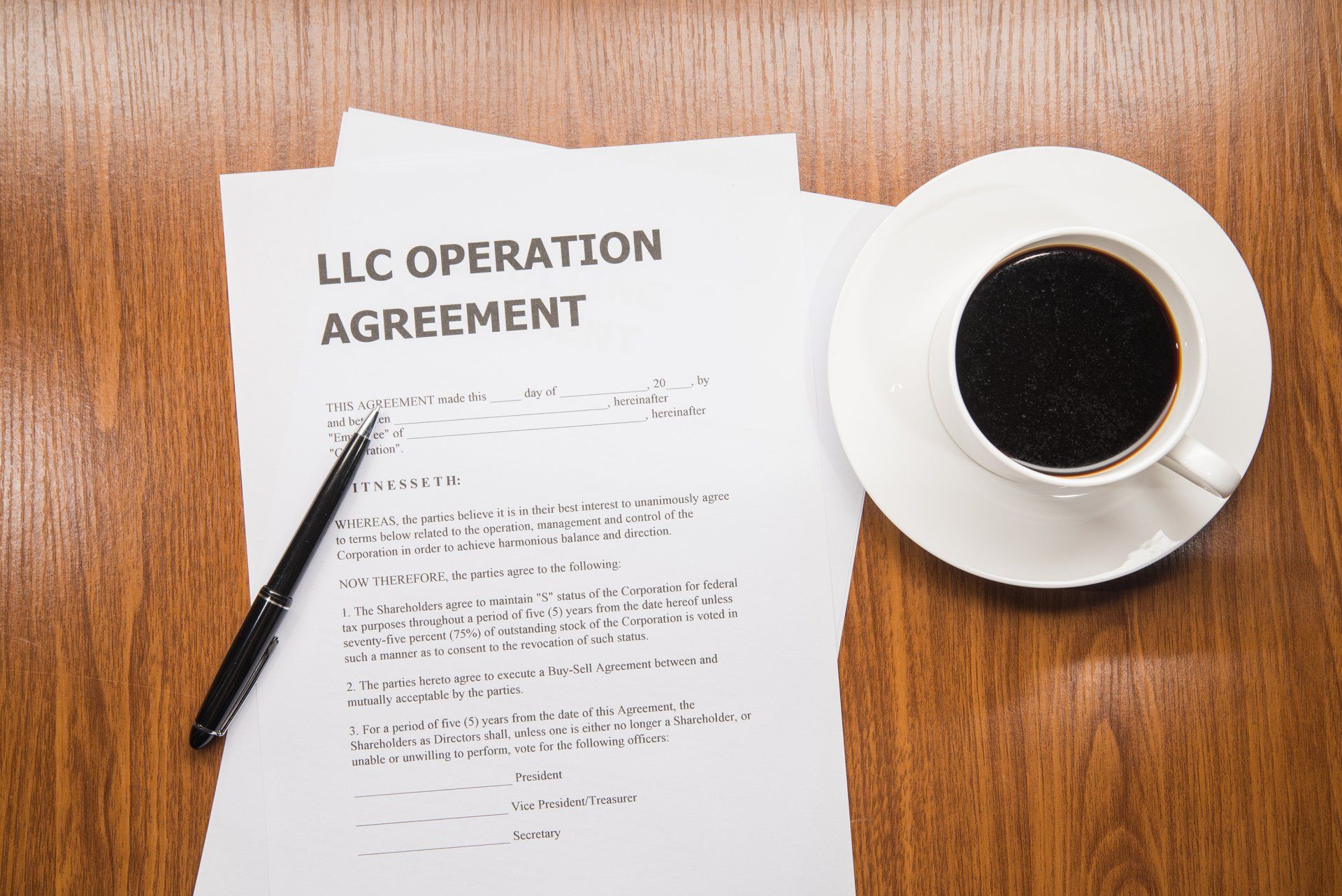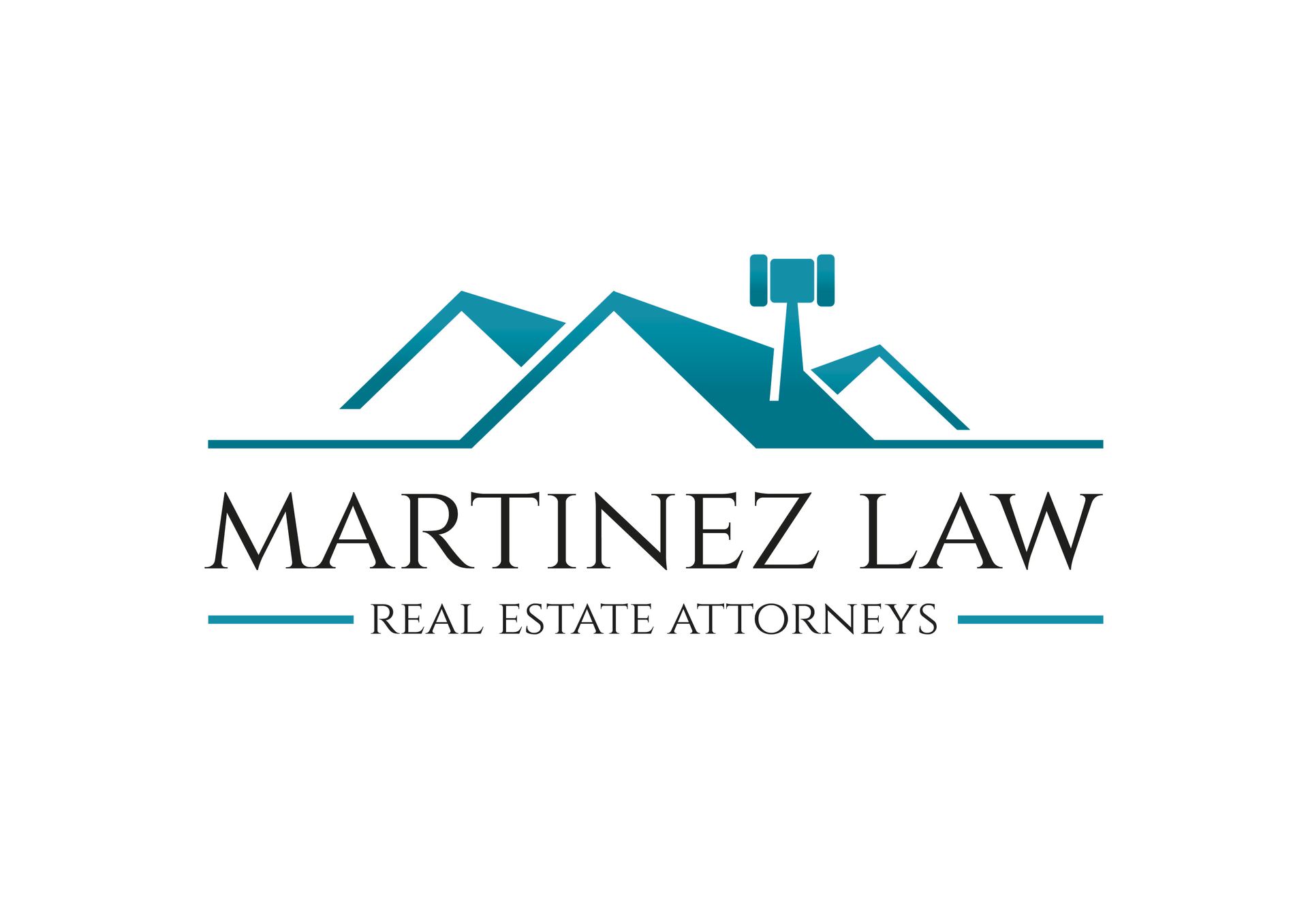Corporate Transparency Act of 2021
Corporate Transparency Act: Reporting Requirements, Penalties, and Filing Instructions
History:
In December 2020, the National Defense Authorization Act, which includes the Corporate Transparency Act, was passed for the 2021 Fiscal Year. This idea was introduced to Congress in 2008 after the Financial Action Task Force criticized the United States for failing to comply with their standard on the need to collect beneficial ownership information. As a result, a few senators introduced the “Incorporation Transparency and Law Enforcement Assistance Act.” The purpose of the bill was to “ensure that persons who form corporations in the United States disclose the beneficial owners of those corporations, in order to prevent wrongdoers from exploiting the United States corporations for criminal gain, to assist law enforcement in detecting, preventing, and punishing terrorism, money laundering, and other misconduct involving United States corporations, and for other purposes.”[i]
Various versions of this bill were discussed in Congress for over a decade. In May 2019, Representative Maloney introduced the Corporate Transparency Act in Congress.[ii] This version of the Act proposed creating a federal database to collect beneficial ownership information, rather than leaving this responsibility to the states. Additionally, this version defined “reporting company” and “beneficial owner,” both of which are crucial definitions for anyone wondering if they need to file a report.
This version of the Act formed the basis for the eventual passage of the legislation in December 2020 for the 2021 Fiscal Year.
Reasoning behind the law:
The primary goal of Congress in enacting this law was to prevent corrupt individuals from laundering illicit funds through anonymous companies in the United States. By requiring transparency in corporate ownership, the goal was to deter criminals from engaging in activities such as drug trafficking, corruption, terrorism, and fraud.
Definitions:
Reporting company:
A corporation, limited liability company, or other similar entity created by filing a document with a secretary of state or similar office under the law of a state, or formed under the law of a foreign country and registered to do business in the United States by the filing of a document with a secretary of state or similar office under the laws of a state.
Exemptions:
- An issuer of securities registered under Section 12 of the Securities Exchange Act of 1934 (the “Exchange Act”), or that is required to file supplementary and periodic information under Section 15(d) of the Exchange Act;
- an entity established under the laws of the United States, a state, or a political subdivision of a state, or under an interstate compact between two or more states and that exercises governmental authority on behalf of the United States or any such state or political subdivision;
- a bank;
- a Federal or state credit union;
- a bank or savings and loan holding company;
- a registered money transmitting business;
- a broker or dealer registered under Section 15 of the Exchange Act;
- an exchange or clearing agency registered under Section 6 or Section 17A of the Exchange Act;
- any other entity registered with the Securities and Exchange Commission (the “SEC”) under the Exchange Act;
- an investment company or investment adviser registered with the SEC;
- an investment adviser that has made certain required filings with the SEC;
- an insurance company as defined in the Investment Company Act of 1940;
- an insurance producer that is authorized by a state and subject to supervision by the insurance commissioner or a similar official or agency of a state and has an operating presence at a physical office within the United States;
- certain entities registered with the Commodity Futures Trading Commission under the Commodity Exchange Act;
- a public accounting firm registered under the Sarbanes-Oxley Act of 2002;
- a public utility that provides telecommunication services, electrical power, natural gas, or water and sewer services within the United States;
- a financial market utility designated by the Financial Stability Oversight Council;
- a pooled investment vehicle that is operated or advised by certain entities described in other clauses above;
- a tax-exempt Section 501(c) corporation, political organization, charitable trust or split-interest trust exempt from tax;
- certain corporations, limited liability companies or other similar entities that operate exclusively to provide financial assistance to, or hold governance rights over, tax-exempt Section 501(c) corporations, political organizations, charitable trusts or split-interest trusts exempt from taxation;
- an entity that: (i) employs more than 20 employees on a full-time basis in the United States; (ii) filed in the previous year Federal income tax returns in the United States demonstrating more than $5,000,000 in gross receipts or sales; and (iii) has an operating presence at a physical office within the United States;
- a corporation, limited liability company or other similar entity of which the ownership interests are owned or controlled, directly or indirectly, by one or more aforementioned exempt entities (“exempt subsidiaries”);
- a corporation, limited liability company or other similar entity: (i) in existence for over one year; (ii) that has not engaged in active business; (iii) that is not owned, directly or indirectly, by a foreign person; (iv) that has not, in the preceding 12-month period, experienced a change in ownership or sent or received funds in an amount greater than $1,000; and (v) that does not otherwise hold any kind or type of assets, including an ownership interest in any corporation, limited liability company or other similar entity (an “exempt grandfathered entity”); and
- any entity or class of entities that the Secretary of the Treasury has determined by regulation, with the written concurrence of the Attorney General of the United States and the Secretary of Homeland Security, should be exempt because requiring beneficial ownership information would not serve the public interest and would not be highly useful in national security, intelligence and law enforcement efforts to detect, prevent or prosecute money laundering, the financing of terrorism, proliferation finance, serious tax fraud or other crimes.[iii]
Beneficial owner: an individual who, directly or indirectly, through any contract, arrangement, understanding, relationship, or otherwise:
(i) exercises substantial control over the entity, or
(ii) owns or controls not less than 25% of the ownership interests of the entity.[iv]
Exemptions:
- a minor child if the information of the child’s parent or guardian is reported;
- an individual acting as a nominee, intermediary, custodian or agent on behalf of another individual;
- an individual acting solely as an employee of the entity and whose control over or economic benefits from such entity is derived solely from the employment status of the person;
- an individual whose only interest in the entity is through a right of inheritance; or
- a creditor of the entity, unless the creditor exercised substantial control over the entity or owns or controls not less than 25% of the ownership interests of the entity.[v]
What information must be reported?
A reporting company must provide the following information for each beneficial owner:
- full legal name
- date of birth
- current residential or business street address; AND
- an identifying number from an acceptance identification document (passport, driver’s license, or other government issued identification number); or a FinCEN identifier.[vi]
When must it be reported?
The FinCEN began accepting reports through the online system on January 1, 2024. If a reporting company exists prior to January 1, 2024, it must file its initial report by January 1, 2025.
For new companies created after January 1, 2024, but before January 1, 2025, it must file its initial report within 90 days after receiving notice that the registration is effective.
For reporting companies created after January 1, 2025, it must file its initial report within 30 days after receiving notice that the registration is effective.
If there are any changes to the required information about a reporting company or its beneficial owners, the reporting company must file an updated report within 30 days of the change.
Will the beneficial ownership information be shared with anyone?
The beneficial ownership is confidential and may not be disclosed except in the following situations:
- a request from a federal agency engaged in national security, intelligence, or law enforcement activity for use in furtherance of such activity;
- a request from a state, local or tribal law enforcement agency, if authorized by a court of competent jurisdiction to seek the information in a criminal or civil investigation;
- a request from a federal agency on behalf of a foreign law enforcement agency, prosecutor or judge under an international treaty, agreement or convention or upon an official request made by law enforcement, judicial or prosecutorial authorities in a trusted foreign country when no treaty, agreement or convention is available if certain conditions are met;
- a request made by a financial institution subject to customer due diligence requirements with the consent of the reporting company to facilitate the institution’s compliance with customer due diligence requirements under applicable law; or
- a request made by a federal functional regulatory agency or other appropriate regulatory agency if the agency: (i) is authorized by law; (ii) uses the information solely as authorized; and (iii) enters into an agreement with the Secretary of the Treasury providing appropriate protocols governing the safekeeping of the information.[vii]
Penalties for violation of the Corporate Transparency Act:
- Anyone who violates the reporting requirements is liable for civil penalties of not more than $500 for each day the violation continues and criminal penalty of imprisonment of up to two years and fine of up to $10,000.[viii]
However, there is a safe harbor from the penalty if a person submitting incorrect information submits a report containing correct information within 90 days of the original submission.
Where to file:
Once you gather all the information needed, please see the below link to prepare and submit the Beneficial Ownership Information Report! You may file a finalized PDF version of the report, or fill out a web-based version and submit it online. These reports may not be mailed or faxed to FinCEN.
https://boiefiling.fincen.gov/fileboir
----------------------------------------------------------------------------------
[i] S. 2956, 110th Cong. 2d Sess., Preamble.
[ii] H.R. 2513, 116th Congress, 1st Sess.
[iii] 31 U.S.C. § 5336(a)(11)(B).
[iv] 31 U.S.C. § 5336(a)(3)(A).
[v] 31 U.S.C. § 5336 (a)(3)(B).
[vi] 31 U.S.C. § 5336 (b)(2)(A).
[vii] 31 U.S.C. § 5336(c)(2)(B) – (C).
[viii] 31 U.S.C. § 5336(h)(3)(A).









